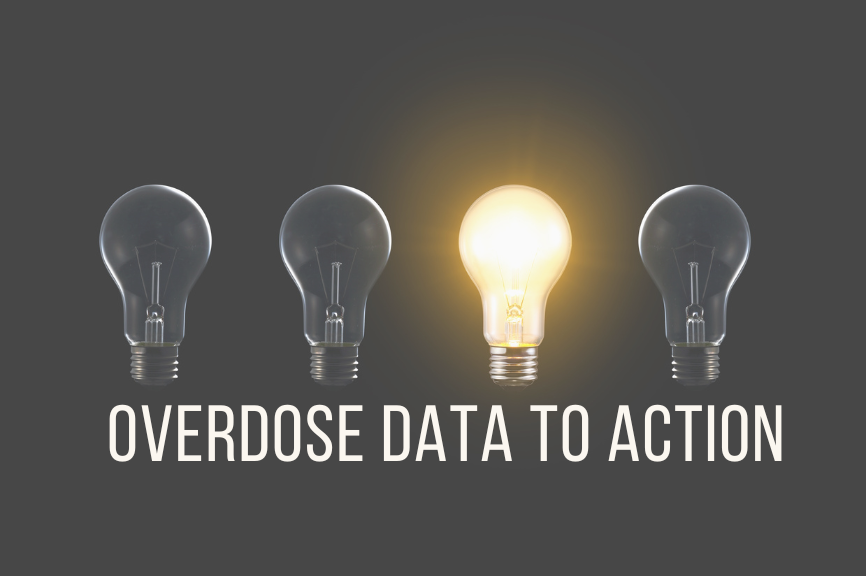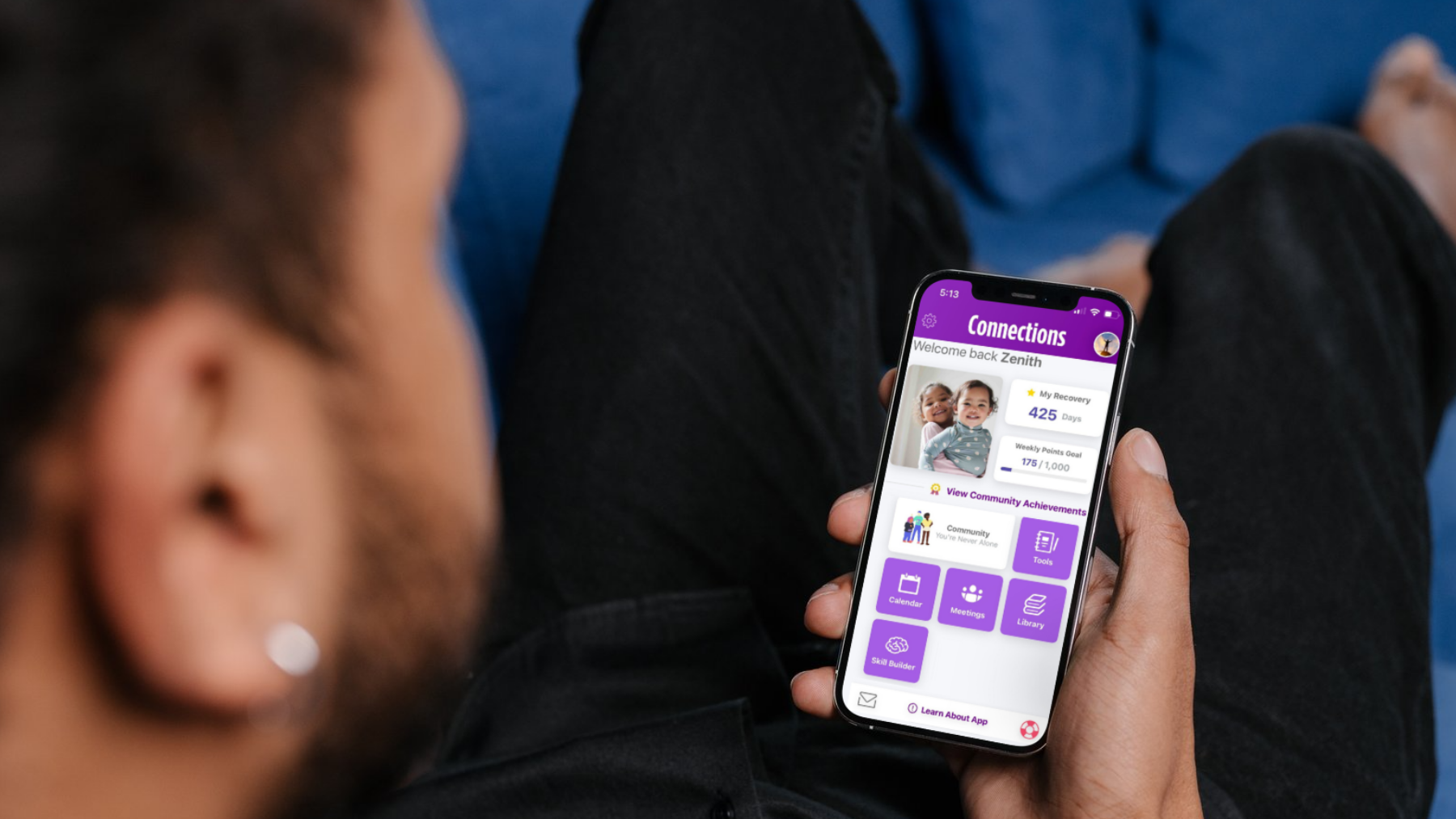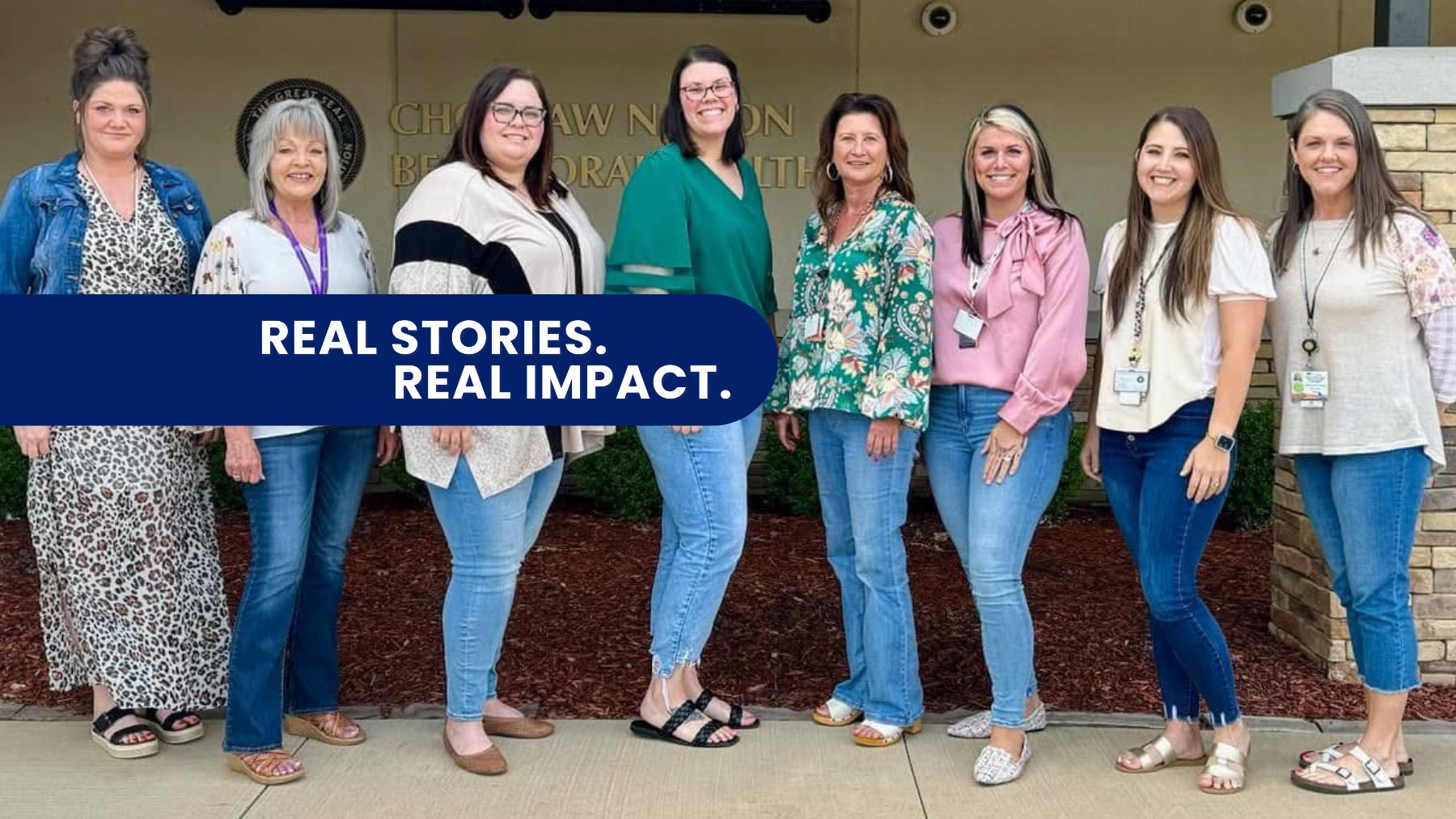Our Blog.
Explore our blog for the latest market trends and insights, inspiring stories in our ‘Real Stories. Real Impact.’ series featuring professionals in behavioral health, and the ‘Recovery Heroes‘ series celebrating those we collectively serve.
-

Closing the SUD Screening Gap with Education & Digital Solutions
May 22, 2025
Our relationship with substances dates back centuries. Many substances—opium, cannabis, cocaine, and alcohol—began as medicinal and religious tools before evolving into recreational use, overconsumption, and dependence. Today, about 18 million Americans have reported symptoms of marijuana use disorder. Excessive alcohol…
-

Isolation Crisis: Breaking the Cycle of SUD and Loneliness
May 9, 2025
Although we are more connected than ever in today’s digital world, many people still struggle with feeling alone. Loneliness, now considered a widespread social issue, has profound implications for mental health and addiction. The U.S. Surgeon General, Vivek Murthy, issued…
-

Messaging Matters: The Key to Effective Substance Use Prevention Campaigns
May 2, 2025
Lacey Callahan blends lived experience and innovation to combat substance use in Choctaw Nation through connection and community care.
-

Improving Criminal Justice Outcomes Using Digital Tools and the Sequential Intercept Model
May 2, 2025
Learn how digital tools throughout the SIM can save money while delivering improved outcomes.
-

Utilizing OD2A Grants to Address the Overdose Crisis
April 25, 2025
In the United States, about 300 lives are lost to drugs daily, highlighting the urgent need for effective intervention strategies. The CDC’s Overdose Data to Action (OD2A) program offers critical funding for state and county health departments to improve their…
-

Connections App Enhancements Boost Patient Access and Engagement, plus Provider Insights
April 16, 2025
The Connections app, part of the eRecovery Solution, has been enhanced to improve user experience and support recovery journeys. The updated app features a refreshed Calendar where users can view and add CHESS Health-led meetings, provider appointments, alumni events, medication…
-

Mining Social Determinants of Health to Decode the Substance Use Disorder Crisis
February 24, 2025
Recognizing the complexities of individual needs in our diverse communities is essential for effective health equity with the result of improved health outcomes and reducing the onset and impact of SUD. To address these complexities, we must understand the multifaceted…
-

Health Plans Leverage Digital Tools to Enhance Maternal Health
February 19, 2025
CHESS Health has partnered with a health plan organization to launch a program dedicated to supporting women aged 18 to 40 who are experiencing substance use disorder (SUD). The program addresses the critical issue of neonatal abstinence syndrome (NAS) and…
-

Employer Behavioral Health Plans Reduce Overall Costs
February 18, 2025
According to a recent study published in JAMA Network Open, employer-sponsored behavioral health programs provide measurable benefits, including cost savings, for employers and their workforce. The study found that an employer-sponsored behavioral health program led to a 47% increase in…
-

Addressing Substance Use Disorders in the Criminal Justice System
February 16, 2025
Nearly half of all federal inmates are incarcerated for drug offenses, according to the Federal Bureau of Prisons. Among this population, one offense often leads to another. Data shows that 77% of individuals convicted of a drug offense are convicted…
-

Digital Behavioral Health Tools Offer Hope to Rural Areas in SUD Crisis
February 5, 2025
Digital solutions offer a powerful answer for providers, public health and health plans serving rural communities that lack care options and support for people with substance use disorder.

